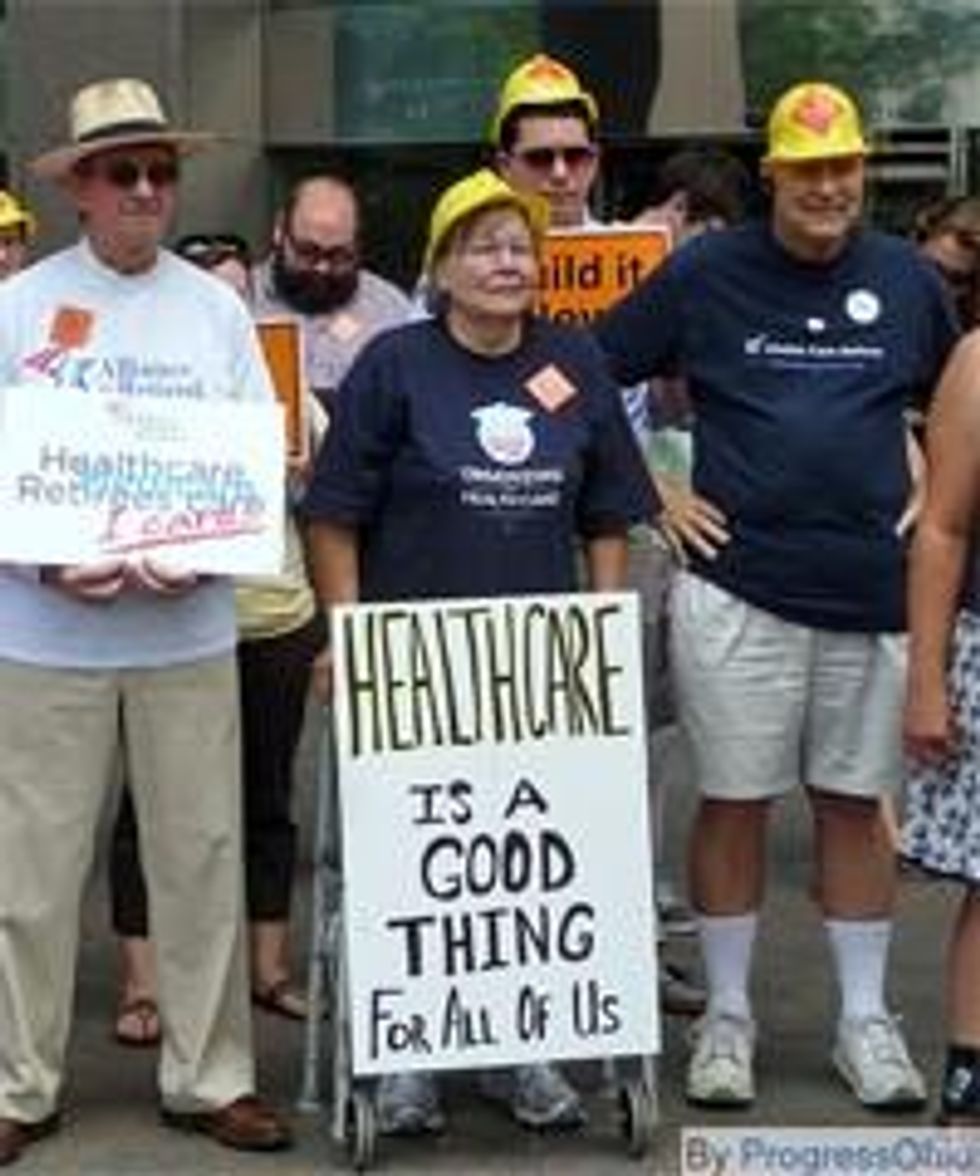Every woman, no matter what her zip code is, should have access to affordable, quality health care. It seems like a simple enough proposition, but for far too many women, it is far from true -- and for some, it is becoming less so every day.
Across the country, bills are moving through state legislatures that limit women's access to health care. Legislation has been introduced in 42 states that would ban or severely restrict access to abortion, make it harder for women to get birth control, cut women off from cancer screenings, or prohibit sex education programs that help prevent teen pregnancy.
What is most concerning for Planned Parenthood as a health care provider is that these bills are passing in states where there already is very little access to health care for women.
Unfortunately, my home state of Texas offers a glimpse into what the future may look like for women in many other states if politicians continue their attacks on women's access to health care.
Texas leads the nation in the rate of uninsured -- one in three Texas women of reproductive age doesn't have insurance. And yet, two years ago, the Texas legislature slashed the budgets for publicly funded family planning, which has cut access to preventive care like birth control and cancer screenings for approximately 160,000 women each year. These cuts also forced at least 53 women's preventive health centers to close.
As a result, according to a recent study in the New England Journal of Medicine, the most reliable contraceptive methods, such as IUDs and implants, are less available to women due to higher upfront costs. "We are witnessing the dismantling of a safety net that took decades to build and could not easily be recreated even if funding were restored soon," the authors of the study write.
This dismal reality in Texas should not become the reality for women in other states. Shutting down health centers and limiting access to affordable birth control, lifesaving cancer screenings and testing and treatment for sexually transmitted diseases only increases unintended pregnancy and makes it harder for women to stay healthy.
It's a shame that in the states where the need for health care is greatest, the efforts to further restrict it are the fiercest.


